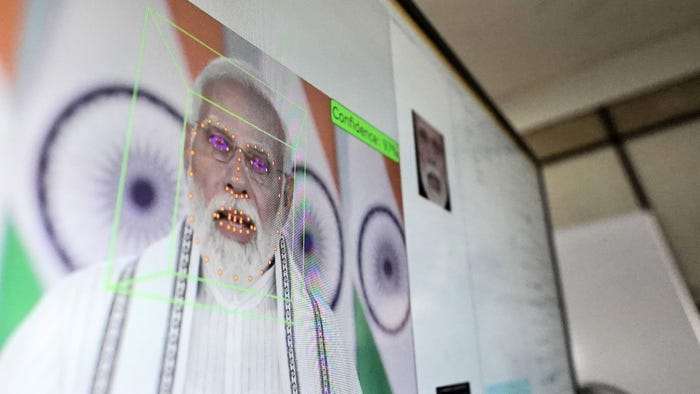Google Adds Hacked Site Alerts
To help users avoid sites compromised by hackers, the search provider has added warnings to search results.

Google is boosting its efforts to steer people away from malevolent Web sites. The company on Friday started notifying users in search results when a site appeared to have been hacked.
Google for years has included in search results notifications when a site is believed to have malware. The latest alert adds the notice "this site may be compromised" under the link to the site, when Google suspects it has been hacked.
Malware is all over the Web, presenting a danger to every Internet user, experts say. Security firm Websense says Internet users are always within "two degrees of malware separation" as they click from one site to another.
Google's latest effort attacks one of the leading paths to malware, Web sites. The other two are poisoned search results and malicious links. Attackers typically target the Web's most popular destinations, rather than obscure locations.
Google's expansion of its search results notifications is an attempt to give its users more confidence the information on a site comes from the original publisher. Clicking on the "compromised" notice sends the user to an article on Google's Help Center. The article explains more about the notice, while clicking on the site link takes the user to the target Web site.
Google uses a variety of automated tools to detect common signs that a site has been hacked. Once the notice has been added to results, Google attempts to contact the site's Web master.
Such notices are sure to reduce traffic to a Web site, so Web masters can request a review to accelerate removal of the notice. Once a problem is corrected, the warning label will automatically be removed, usually in a matter of days.
Google is not the only major tech company to attack the problem of malevolent Web sites. Rival Microsoft has placed malware detection technology in Internet Explorer 9 that catches 99% of malicious applications hidden in malevolent Web sites, a recent study by NSS Labs. IE 9, which is currently in beta, was five times more effective in spotting malware than second place Mozilla Firefox. SEE ALSO: IE Bests Rival Browsers On Malware Security Malware Targeting Top News Sites, Message Boards
Read more about:
2010About the Author
You May Also Like

_Daniren_Alamy.jpg?width=700&auto=webp&quality=80&disable=upscale)
